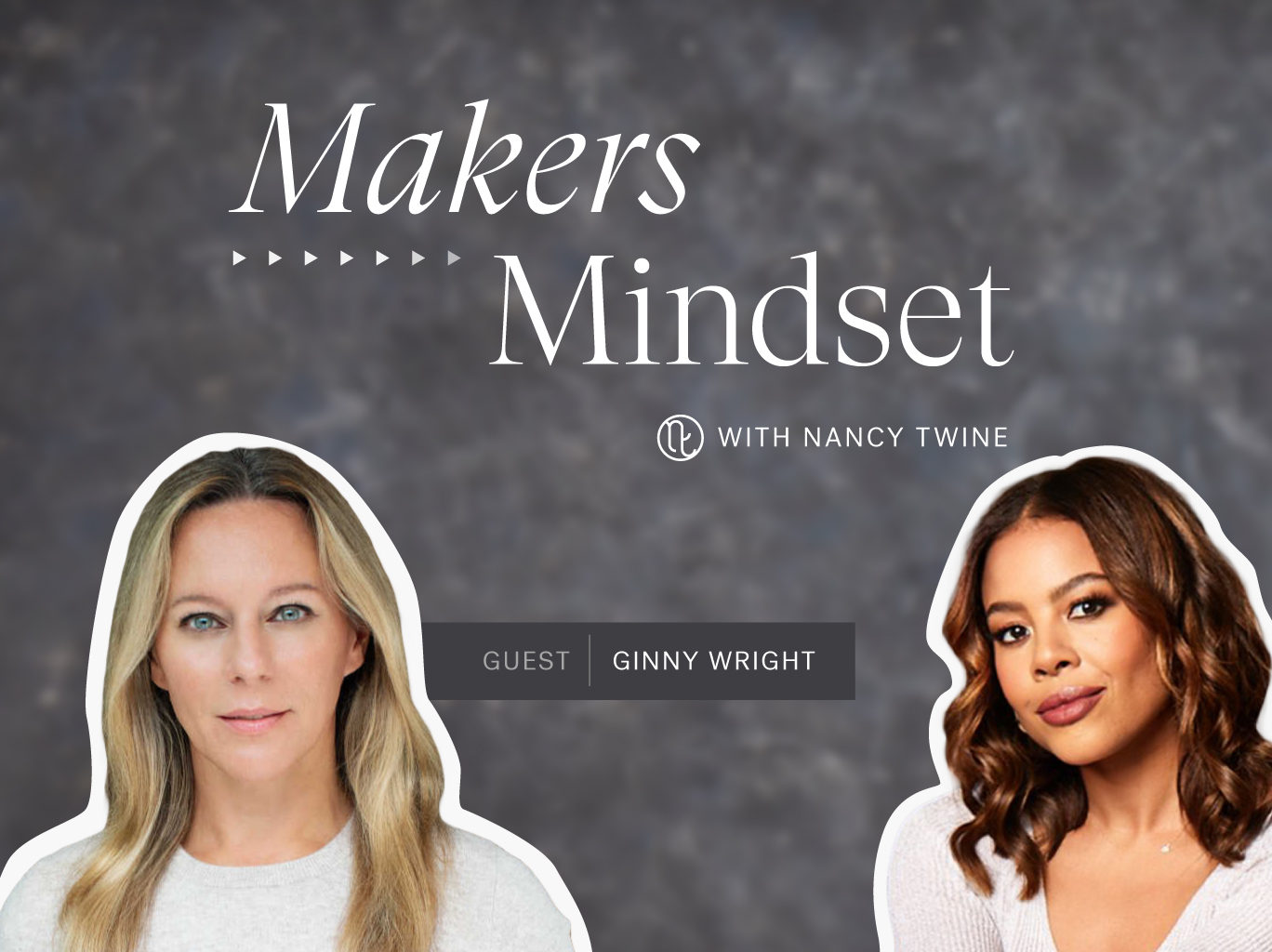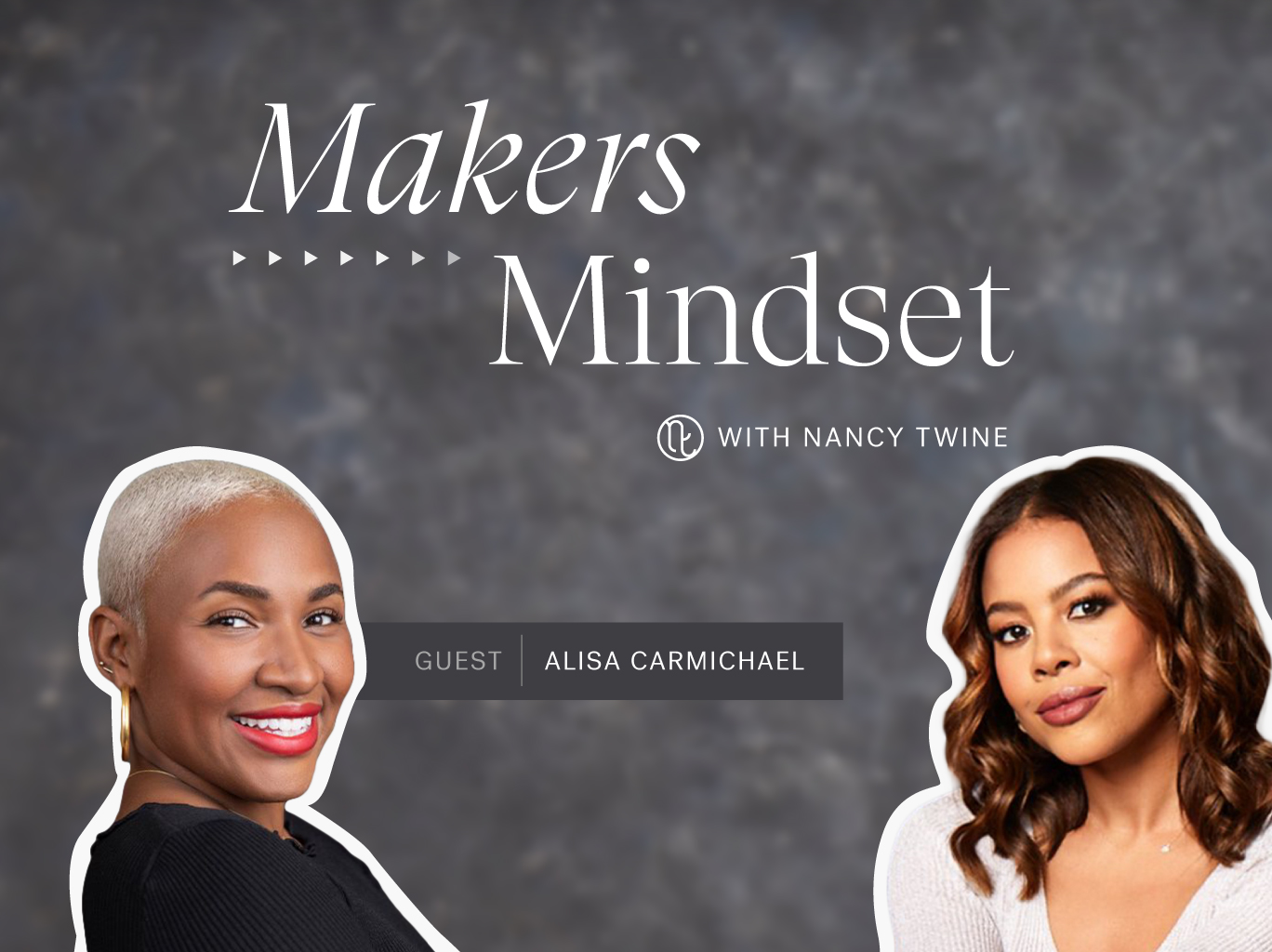Maybe you feel stuck in your job because you’re in a comfortable day-to-day flow that seems hard to give up… or maybe it’s because you chose a career path that wasn’t your true calling. Or perhaps, you were simply in need of a job and had to take what was available at that time. The truth is, most of us have felt stuck in our career at some point in our lives. And that’s why it’s important to have a clear vision and a plan to help you navigate the road toward thriving, not just surviving.
Creating a career development plan is more than half the battle. Visualizing where you see yourself in the next few years — with actionable steps to get there — can make the process of getting “unstuck” in your career less overwhelming.
If you’re ready to take the reins on your professional life and achieve your goals, keep reading for the inside scoop on how to get started.
What is a career development plan?
A career development plan is a roadmap for your professional growth. It outlines your career goals, the steps you’ll take to achieve them, and the resources you’ll need to get there. Your plan can be as specific or as broad as you want. Your career development plan is tailored to fit your individual needs and dreams, so it’s important to be clear and honest about what you want and who you wish to become.
Nancy’s take? “You have to have a vision for what you want your career to look like so that you know what your ‘North Star’ is,” she shares. Once you have that, you have the foundation for taking the steps to get there.
Why create a career development plan?
A career development plan helps you clarify your goals by narrowing down your options so you will know how to take decisive action. “You have to be a proactive player in your career, and that’s something a lot of people can lose sight of,” Nancy says. Rather than wait for your manager to provide you with opportunities for career advances, make sure you’re proactive about learning what’s required to get to the next stage in your career. Take the guesswork out of where you stand by soliciting regular feedback and co-create a development plan with your manager to ensure you’re aligned with how to get to the next level. “It’s critical to take an active role in your career so that you can drive the vision of where you want to be. You can’t expect someone else to do that for you,” Nancy explains.
“When you’re in a career that’s playing to your natural strengths, chances are you’re going to achieve more in your role and feel more energized at work because of it.” – Nancy Twine
Creating a solid career development plan does require an investment in time and energy, but when you commit to doing so, you’ll reap the rewards of:
Clarity
Getting clear with where you want to take your career will make the steps you need to get there more identifiable. Making decisions concerning your employment becomes easier and less anxiety-inducing.
Focus
With clarity comes laser focus. A career development plan keeps you motivated and driven with objectives rooted in your end goal.
Progress
Your success becomes measurable as you track your goals and make modifications to your plan routinely.
Opportunities
A well-crafted career development plan can help you build more confidence in recognizing and taking chances to advance on your path.
“When you’re in a career that’s playing to your natural strengths, chances are you’re going to achieve more in your role and feel more energized at work because of it.” — Nancy Twine
How to create a career development plan
1. Set your goals
Depending on whether you want to advance to a higher position, switch industries, or learn new skills, you’ll want to outline what you’d like to achieve. Think about short-term goals first. Meaning, visualize what you’d like to achieve within the next year and write those down at the top of your list. Then write out your longer-term goals. Think: what do you hope to achieve in your career over the next 5-10 years?
2. Identify the steps to achieve your goals
Once you’ve identified your goals, you’ll want to consider the steps you’ll need to take to achieve them, from pursuing additional education or training to networking on LinkedIn or through industry events. Make a list of the actions you have to take, being as specific as possible, and consider the resources you will need. For instance, will you need to invest in a course or might your company cover the cost? Identifying critical resources leads us to our next step.
3. Seek support and resources
No one achieves their goals all on their own! Your support systems might include mentors, colleagues, professional organizations, and even friends and family. You may need to invest in education or additional training to acquire new skills for the career you desire, or ramp up your current skill set with an online course or a mentoring session. Tapping into your network and asking for advice and perspective is not a weakness and can be one of your biggest strengths in formulating the right plan.
4. Create a timeline
A timeline will help you stay on track with your career development plan. List out specific deadlines and milestones for each step, and then track your progress regularly (weekly or monthly self-check-ins are a good cadence to begin with). Your timeline may need to be adjusted as you progress, but simply having a clear roadmap can help you stay focused, motivated, and rooted in reality.
5. Review and revise your career development plan
A career development plan is a living, breathing document — not just a one-time exercise. It’s important to regularly review and revise your plan to ensure it aligns with your current goals and circumstances. We all know plans may change and goals may shift as you progress in your career, so it’s important to adjust your plan accordingly.
With that, you’re off to create your own career development plan. Taking the time (even just an hour or two) to get clarity on what you’d like to achieve can help you take control of your professional growth and actively work toward your goals. By setting clear short- and long-term objectives, identifying the steps to achieve them, seeking support and resources, and regularly reviewing and revising your plan, you can increase your chances of achieving your career aspirations. Here’s to taking the first step toward a more fulfilling and successful career!
Get grant opportunities, exclusive invites, tools, and entrepreneurial inspiration in your inbox once a month. Sign up for the Makers Mindset newsletter.




